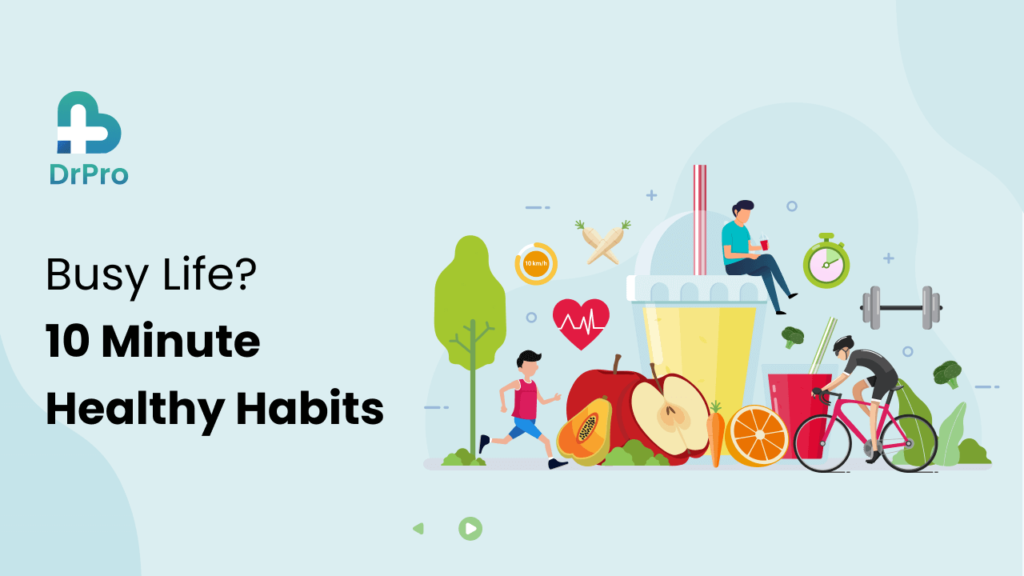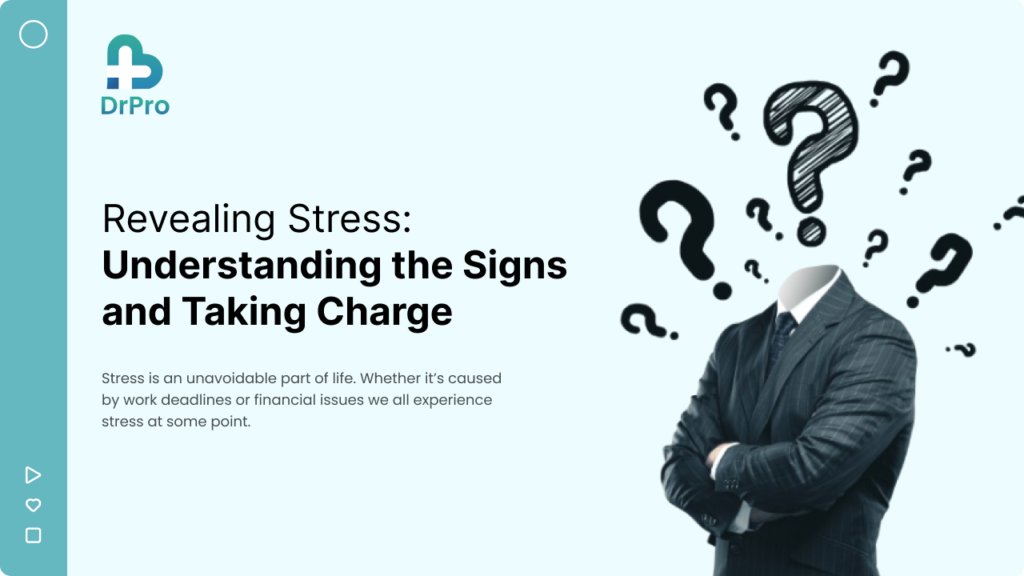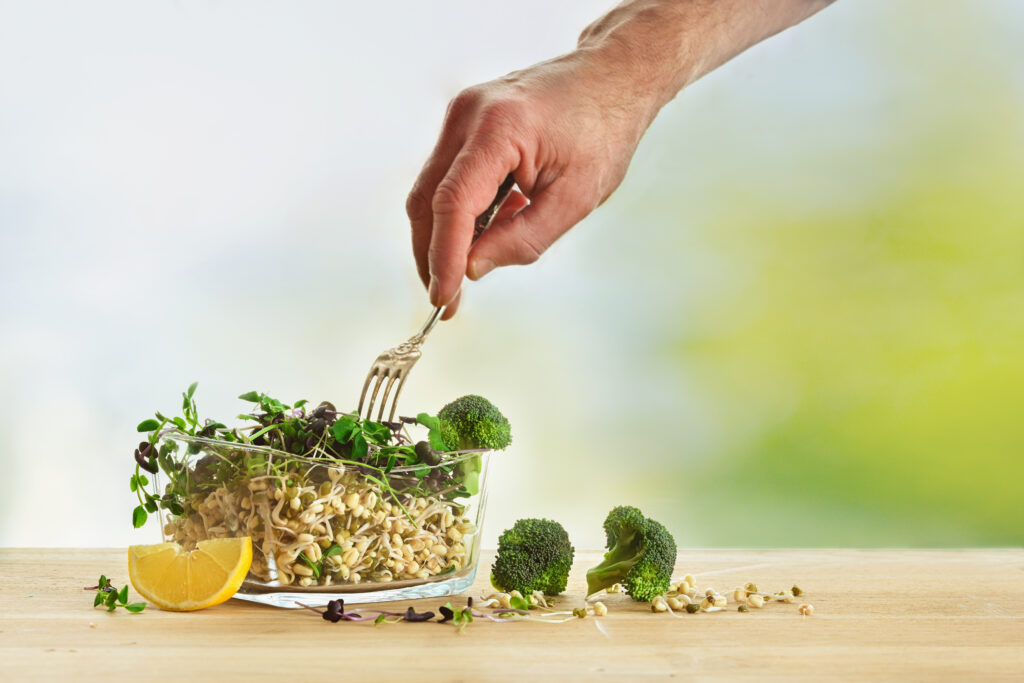
How to Take Care of Your Health in Summer
Summer is a season that brings warmth, outdoor activities, and plenty of possibilities to experience the light. However, with the expanded warmness and outside publicity, it’s additionally vital to take proper care of your health. From staying hydrated to defending your pores and skin and staying energetic, there are numerous important behaviors to undertake to make certain that you live healthy and experience energized at some stage in the summer season. Let’s discover a few key pointers that will help you make the most of this vibrant season at the same time as retaining your health in take a look at. DrPro is a comprehensive healthcare solution designed to streamline and enhance the healthcare experience for both providers and patients. With its easy-to-use platform, DrPro offers a range of services including appointment scheduling, patient management, electronic medical records, billing, and reporting, all in one place. Whether you’re a healthcare provider looking to improve efficiency or a patient seeking a seamless healthcare experience, DrPro empowers you to stay connected and manage your health effectively. Tips for a Healthy Summer 1) Stay Hydrated One of the most critical things to be aware of during summertime is staying hydrated. The warm weather and expanded physical activity can cause you to lose greater fluids via sweat, which could result in dehydration if no longer replaced. Dehydration can result in fatigue, headaches, dizziness, and in intense instances, heatstroke. To stay hydrated, drink lots of water during the day. A precise rule of thumb is to aim for at least 8 cups (2 liters) of water in keeping with the day, but you could want more depending on your interest levels and the heat. If you are exercising, increase your fluid consumption, and take into account drinking drinks with electrolytes to update those misplaced in sweat. Avoid sugary drinks and alcohol as they can contribute to dehydration. 2) Protect Your Skin The sun’s ultraviolet (UV) rays can cause substantial damage to your skin, main to sunburn, premature aging, and an expanded risk of pores and skin cancer. Protecting your pores and skin is essential in the summertime, particularly for the duration of top daytime from 10 a.m. To 4 p.M. To guard your skin: Use a huge-spectrum sunscreen with an SPF of at least 30, and reapply every hour or after swimming. Wear defensive garb inclusive of hats, sun shades, and long-sleeve shirts when viable. Seek coloration when the sun is at its strongest. Avoid tanning beds, that may grow the hazard of pores and skin damage. Remember, regular skin safety can assist prevent lengthy-term health troubles, such as skin cancers. The American Academy of Dermatology reviews that pores and skin cancer is the most common shape of most cancers within the United States, and preventing sunburn is fundamental to lowering your chance. 3) Eat Light and Healthy Summer is the best time to experience fresh results and veggies. Eating a light and balanced diet facilitates holding power degrees and promotes common fitness, specifically when temperatures upward thrust. Focus on consuming ingredients that can be hydrating and easy to digest, consisting of: Fresh culmination like watermelon, oranges, strawberries, and cucumbers, can be excessive in water content material. Leafy greens and salads full of nutrients and minerals. Whole grains and lean proteins keep your power up without feeling slow. Avoid heavy, greasy food which can make you feel tired and bloated. It’s additionally vital to hold element sizes in the test, as overeating can make you experience slowness at some point in the warmth. A balanced diet guarantees that your body receives the nutrients it wishes whilst helping to hold a healthy weight. 4) Stay Cool During the peak summer time warmness, it’s vital to avoid overheating. Overexposure to excessive temperatures can cause warmth-associated illnesses, including heat exhaustion and heatstroke. These conditions may be serious, so it’s critical to take preventive measures. Here are a few ways to live cool: Spend time in air-conditioned environments each time feasible, specifically for the duration of the freshest elements of the day. Use lovers and cooling devices like a damp cloth on your forehead or neck to assist lower your body temperature. Take cool showers or baths to refresh yourself and cool down. Wear mild-coloured, loose-becoming apparel to allow your body to respire and regulate temperature more successfully. 5) Exercise Wisely While the summer season is a remarkable time for outdoor activities, it’s critical to alter your exercise habits to the warmth. Exercising in severe warmth can place stress on your frame and growth the risk of dehydration and warmth exhaustion. To work thoroughly in summer time: Try to work out early in the morning or later in the evening whilst the temperature is cooler. Stay hydrated before, throughout, and after exercising. Wear breathable fabric and mild-coloured garments to maintain cool. Avoid excessive physical activity in the course of height warmth, and choose much less strenuous activities like swimming or walking in shaded areas. Listening to your body is fundamental. If you experience dizziness, lightheaded, or are overly fatigued, forestall exercise and find a cool place to relax. 6) Be Mindful of Allergies Summer is likewise a season when pollen ranges are excessive, which could cause hypersensitive reactions in many humans. Common allergens consist of tree pollen, grass pollen, and mold. Symptoms like sneezing, itchy eyes, and a runny nose can place a damper on your summer season sports. To manage allergies: Stay interior on days whilst the pollen count number is high or at some stage in peak pollen hours. Keep home windows closed to avoid pollen from getting into your house or automobile. Take allergy medicines as prescribed by using your medical doctor to relieve symptoms. Regularly wash your fingers, face, and clothes after being outside to get rid of pollen. If you understand you’re at risk of allergies, it is an amazing concept to check the pollen forecast and plan your outdoor activities consequently. 7) Travel Smart Summer frequently approaches holidays and trips, but journeying in





